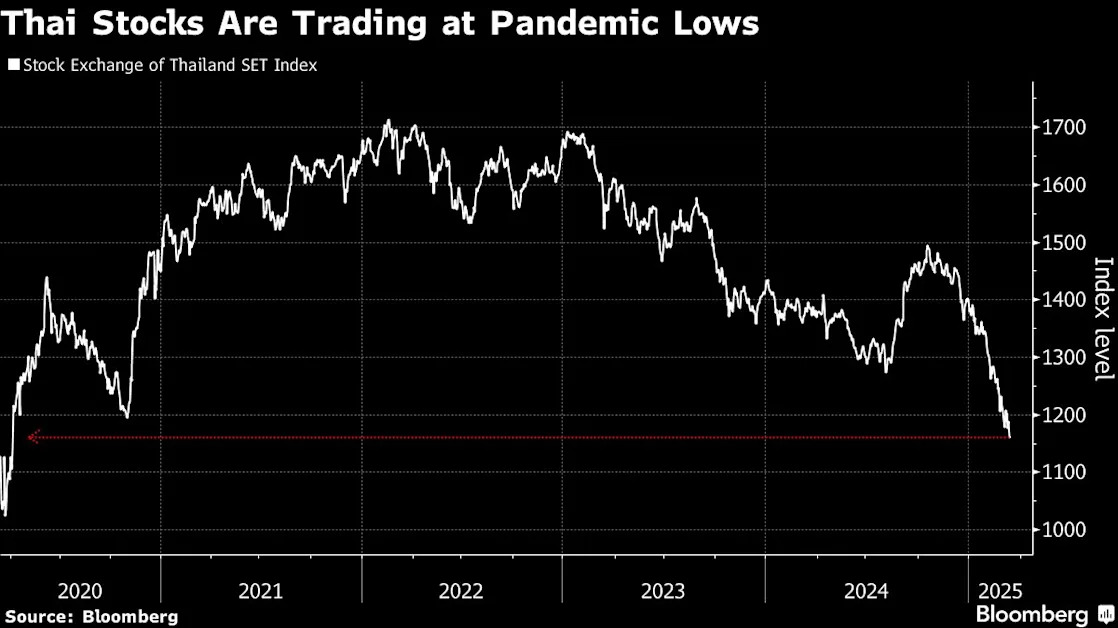(Bloomberg) -- The Mexican peso was the biggest loser among emerging-markets currencies on Wednesday as investors assessed a range of risks — from local politics to a frailer US economy.
The peso trimmed some losses after weakening as much as 2.2%. It took a leg down after minutes from the latest Federal Reserve meeting showed several officials saw a case for cutting interest rates last month. The Brazilian real and the Colombian peso slipped, reversing earlier gains. Stronger copper prices propelled Chile’s peso higher.
“LatAm FX continues to trade erratic, de-correlated not only with the global mood, but among peers themselves,” Citigroup strategists including Ernesto Revilla wrote in a note on Wednesday.
While the meeting minutes briefly sent the greenback lower, they failed to move the needle for the main emerging-market currency index, which traded flat all day. Investors are now turning their attention to Fed Chair Jerome Powell’s Friday speech at the Jackson Hole symposium.
Latin America
The Mexican peso dropped for a third straight session ahead of congressional discussions of President Andres Manuel Lopez Obrador’s judicial reform. Under the constitutional overhaul, Mexicans would vote the nation’s judges in and out of office, which rating agencies have warned would weaken the country’s institutions.
Morgan Stanley cut Mexican equities to underweight and Citigroup strategists closed an overweight recommendation on the currency this week. Mexico is also particularly vulnerable to external factors like volatility from the US election or a slowdown in the US economy.
Payrolls
It was a volatile session for emerging-market currencies, which whipsawed earlier as revised data showed the US added fewer jobs than previously reported in the 12 months through March.
The US payroll numbers, which typically fail to move markets, were closely watched this time around for any sign of a weaker economy that could open the way to deeper interest-rate cuts. As it was, the number of workers will likely be revised down by 818,000 in the 12 months through March, according to the Bureau of Labor Statistics’ preliminary benchmark revision.
Stocks
Shares for one of largest exchange-traded funds listed in the US tracking the MSCI emerging-market stock index rose 0.5%, roughly in-line with the advance in the S&P 500, as equities traders looked past the soft jobs data.
Still, the underlying gauge that is heavily weighted toward Asia, slipped for the first session in four. The sub-index for Latin American equities fell for a second day.
Elsewhere, Argentina’s dollar bonds dropped the most among peers. Sri Lanka’s debt is also drifting lower as investors worry the completion of a restructuring deal could be pushed back by next month’s election.
The shekel plunged 0.8% as US Secretary of State Antony Blinken left the Middle East late Tuesday with Hamas and Israel still divided over an American proposal to pause, if not permanently end, the war in Gaza.
The rand edged lower amid growing expectations of a September rate reduction. The nation’s real interest rate is at the highest level in 18 years, meaning the central bank may consider lowering borrowing costs by 50 basis points at least once this year.





